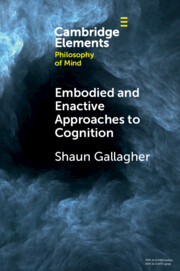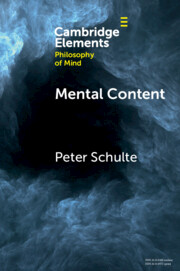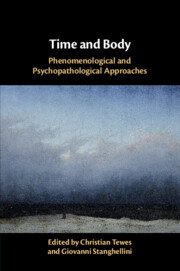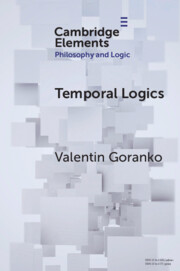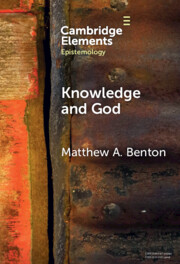Embodied and Enactive Approaches to Cognition
This Element discusses contemporary theories of embodied cognition, including what has been termed the '4Es' (embodied, embedded, extended and enactive cognition). It examines diverse approaches to questions about the nature of the mind, the mind's relation to the brain, perceptual experience, mental representation, sense making, the role of the environment, and social cognition, and it considers the strengths and weaknesses of the theories in question. It contrasts embodied and enactive views with classic cognitivism, and discusses major criticisms and their possible resolutions. This element also provides a strong focus on enactive theory and the prospects for integrating enactive approaches with other embodied and extended theories, mediated through recent developments in predictive processing and the free energy principle. It concludes with a brief discussion of the practical applications of embodied cognition. This title is also available as Open Access on Cambridge Core.
Product details
No date availableAdobe eBook Reader
9781009209816
0 pages
Table of Contents
- 1. Introduction: what is embodied cognition?
- 2. The field of EC
- 3. The first E: embodiment
- 4. The second E: embedded cognition
- 5. The third E: extended cognition
- 6. The fourth E: enactive cognition
- 7. Causation, constitution and free energy
- 8. Conclusion: come practical implications and applications
- References.

